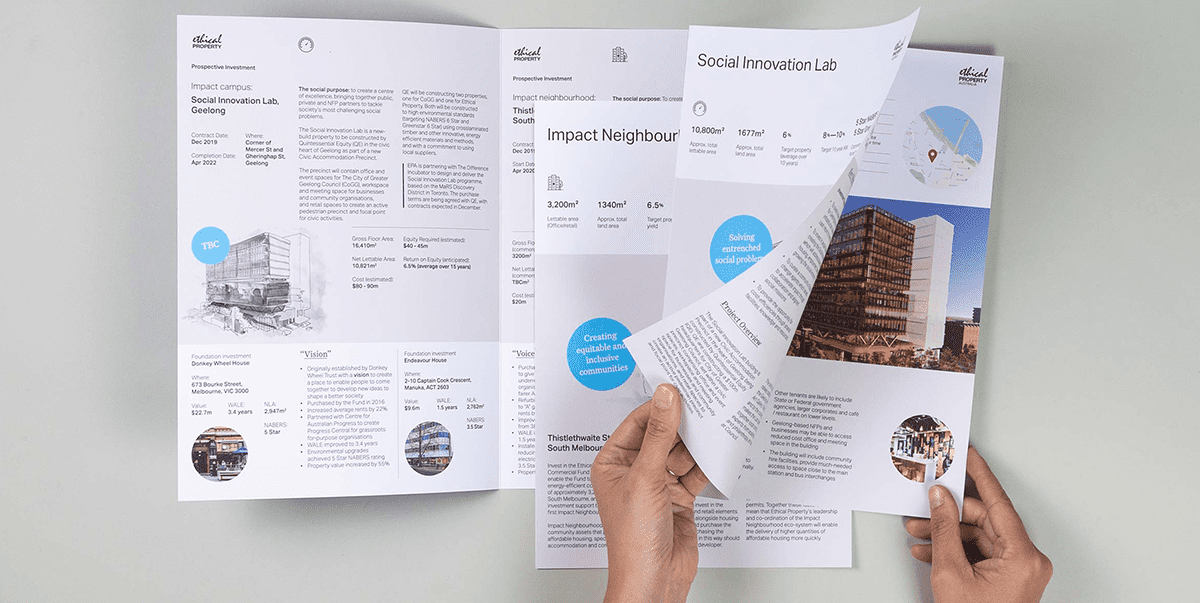
As Kermit once said, “it’s not easy being green”.
Being a sustainable business is hard. It requires companies to create economic, environmental and social value simultaneously.
This is the ‘sustainability paradox’ that creates tensions between these three types of value, and these tensions often mean businesses approach sustainability half-heartedly by using trade-offs to resolve paradoxes.
A common trade-off is failing to reduce carbon emissions because of the perceived economic cost.
My doctorate research, exploring sustainability tensions in social enterprises, led me to discover ways organisations can move away from trade-off thinking and instead work within the sustainability paradox to create shared value.
Below are three techniques organisations can use to manage sustainability tensions.
1. Leaders who achieve the best sustainability outcomes embrace sustainability tensions and seek workable solutions and avoid trade-offs.
Too often, leaders avoid tensions or are too quick to resolve them by trading off the environment for economic gains. This approach doesn’t work.
As in our personal lives, ignored problems will only come back and cause future problems.
Using trade-offs to resolve tensions may work in the short term, but long term, this will not lead to positive sustainability outcomes.
By embracing tensions, organisations can start to navigate the bumpy confusing path toward shared value.
2. Organisations need to be flexible in how they approach sustainability tensions.
Sustainability is an evolving concept.
Government policy often changes, people’s attitudes frequently change, social movements come and go, and technology is rapidly evolving. This means organisations need to be adaptive, flexible and embrace change.
Sustainability is a process of continued contribution to making the world a better place. This will involve many failed experiments, but long term, these experiments can pay off for the planet and profit.
3. Seeking assistance can help manage sustainability tensions
Assistance can lead to new information, ideas and inspiration. It can come from government publications, research papers, consultants, employees, suppliers, board members and industry bodies.
My research demonstrates that organisations with the best sustainability outcomes constantly obtain advice from different sources.
Ecosystem mapping can help organisations understand where they sit in the world and provide direction for whom to approach. Often, bringing into the room diverse and contradictory perspectives can be of value.
Working through the sustainability paradox with a design thinking approach can positively change how organisations think about sustainability.
Viewing sustainability as a paradox, and implementing the above approaches to manage tensions, improved sustainability outcomes – is something worth considering when writing your next sustainability strategy.

